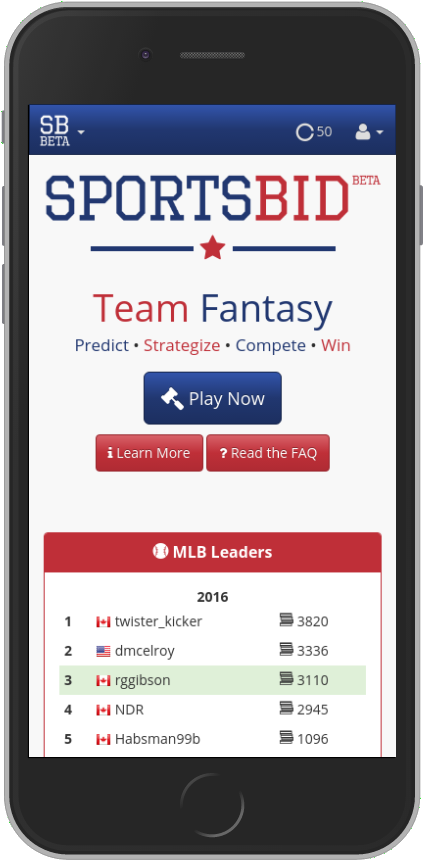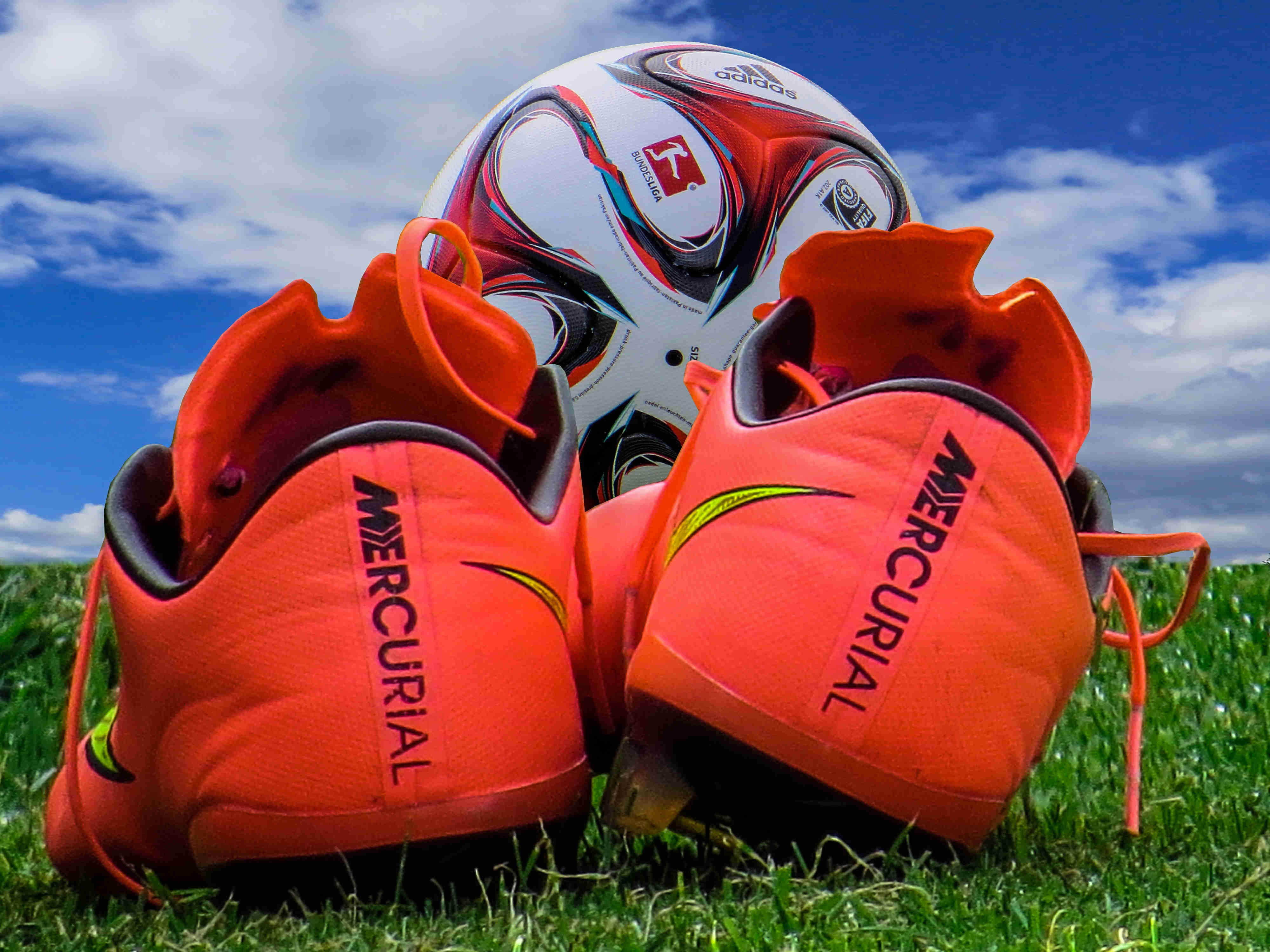
Six Month Update
December 19, 2016
I have been in VIATeC's Venture Acceleration Program (VAP) for six months now, which means I have officially graduated from the Entrepreneurship@ segment of the program. I am now stepping in to the VAP proper and thought I would share what I have found most valuable over the past six months. My experience overall has been super positive and I hope that sharing my takeaways might help others who may be on the fence about joining a similar program.
One of the most valuable pieces of advice came right out of the gate back in June when I was told to go read Eric Ries's The Lean Startup. The book shows how building a product and a business can be achieved scientifically: running experiments and driving decisions based on data. The most obvious examples would be performing A/B tests for things like landing pages and pricing models. This message really demystified everything for me since I have been practicing just this approach for several years in my Master's and Ph.D. work. However, one big difference between my previous work and my current work is that data, especially early on, is highly qualitative. Without hundreds or thousands of users trying your product, you need to talk to customers, understand their pains, and determine how much they would be willing to pay for your solution. Another big takeaway from The Lean Startup was the idea of build-measure-learn cycles, and getting through these cycles as fast as possible. Only through measured learning do we really understand how our users behave and discover whether we should persevere along our current path, or pivot to an alternative strategy.
Of course, the VAP is more than just a book recommendation source. The program delivers regular workshops aimed directly at helping early stage startups covering topics such as shareholders' agreements, accounting tips, and building a development team. The most valuable of these workshops by far was the Market Validation Training (MVT) course. Spread over three full-day sessions, the course really helped me to better understand who SportsBid is for, what value I bring to potential users, and how to communicate that value when talking with customers. In particular, the final day of the workshop included an exercise in filling out a complete business model canvas. I had read about the canvas model previously and had filled one out months ago, but at that time I did not think much more of it than "OK great, that's done, moving on now." However, the MVT goes through each building block separately over the course of the three days. Filling the canvas out on day 3 was eye opening and connected all the dots for me. It showed me exactly how my business needs to work in order to be successful. I later went home and translated my business model canvas over to Ash Maurya's lean canvas, which I actually prefer for the very reasons outlined in Maurya's blog post. I now use Canvanizer to update and track my business model as it changes over time.
Finally, what the VAP has really done that I couldn't have done on my own is help build my network. I have met a number of mentors, several other entrepreneurs, and even took the opportunity to present SportsBid to a room full of national and international investors. I regularly meet with my Executive in Residence, Mark Grambart, who has really helped me uncover what the most important tasks are at any given point. I have also met with program advisers at IRAP, a Canadian program designed to help fund growing innovation and technology businesses. Furthermore, meeting and chatting with other entrepreneurs has also been valuable as the problems faced by other early-stage companies are often similar to the ones I am facing. Finally, I participated in Experience Tectoria where I presented SportsBid to investors and later demoed the early product to the public. While I am still not currently seeking investor money, getting the chance to show off my work felt great and hearing from others that they think I'm on to something is encouraging.
I am now working on the second iteration of SportsBid, which will see the product move from a closed to an open beta. I will then be making a strong push to market the open beta to find those early adopters who will help guide my pursuit of making SportsBid the most strategic and accessible fantasy sports game available. Wish me luck!











